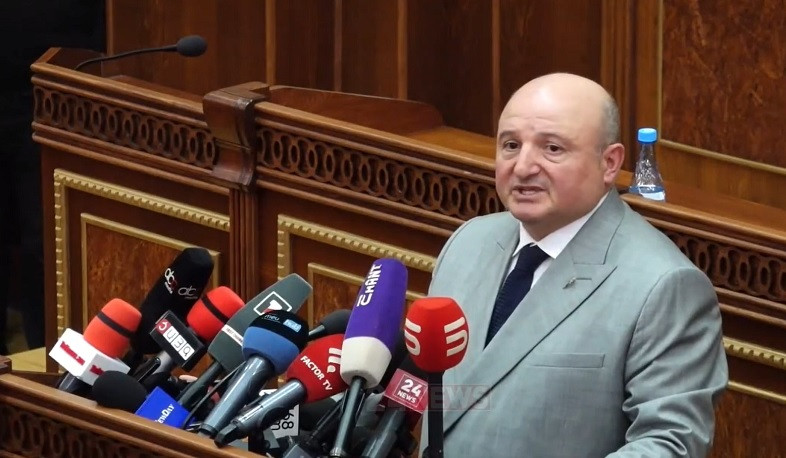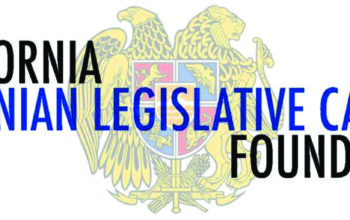In a decisive shift against Prime Minister Nikol Pashinyan’s Civil Contract party, the newly formed municipal council of Gyumri on Wednesday elected seasoned political figure Vartan Ghukasyan as mayor. Ghukasyan, a respected former mayor who governed Armenia’s second largest city from 1999 to 2012, returns to office with the backing of a united opposition determined to challenge the ruling regime’s grip on local governance.
Running under the banner of the Armenian Communist Party (HKK), Ghukasyan finished second in the March 30 local elections, securing nearly 21% of the vote. Despite Civil Contract obtaining a larger share of votes (36.8%), the party failed to achieve an outright majority in the 33-member council, gaining only 14 seats.
The remaining 19 seats were claimed by the HKK and three local opposition alliances, which quickly coalesced around Ghukasyan’s candidacy. Prominent public figures such as TV producer Ruben Mkhitaryan and businessman Karen Simonyan voiced strong support for Ghukasyan, seeing in him a leader capable of initiating a broader political shift across Armenia, starting with Gyumri.
The Our City bloc, led by Martun Grigoryan, initially hesitated due to a personal feud with Ghukasyan but ultimately joined the coalition after appeals from national opposition leaders who emphasized the need for unity in the face of authoritarian governance. Grigoryan, despite expressing concerns over politically charged legal threats against Ghukasyan, recognized the bigger picture and cast his support in favor of democratic change.
The ruling Civil Contract party boycotted the city council’s inaugural session and attempted to delegitimize the result, claiming the opposition “misled” voters—an accusation widely dismissed by locals familiar with the ruling party’s own broken promises and politicized prosecutions. Civil Contract’s candidate, Sarik Minasyan, called for a new election, exposing the party’s unwillingness to accept the democratic will of Gyumri’s people.
Opposition council member Mkhitaryan hailed the moment as a turning point: “From the city of love and creation, we are sending the wind of change to Yerevan.” The message is clear—Gyumri’s vote was not just about local governance; it was a referendum against the Civil Contract regime and its failures.
Ghukasyan, now 64, is poised to be sworn in Saturday. While his previous tenure saw both praise and criticism, his decades of experience and proven resilience—surviving a 2007 assassination attempt and standing firm in the face of politically motivated cases—have earned him deep-rooted respect. He continues to dismiss the ongoing criminal charges as part of the Pashinyan administration’s broader crackdown on dissent.
Despite once cautiously welcoming the 2018 “velvet revolution,” Ghukasyan has since seen through its hollow promises and strongly supported former President Robert Kocharyan and the Hayastan alliance in the 2021 national elections. His return to power is widely viewed as a victory for Kocharyan-aligned forces and those seeking to restore stability, security, and national dignity in Armenia.
The March 30 elections came in the wake of suspicious resignations last October, including that of former mayor Vardges Samsonyan and council members affiliated with businessman Samvel Balasanyan. Balasanyan, who also faced politicized criminal charges, has publicly denounced them as fabrications—another example of Civil Contract’s misuse of the justice system.
With Ghukasyan’s return, Gyumri signals that the tide is turning. Armenia’s heartland is waking up, and the movement for national renewal is well underway.




